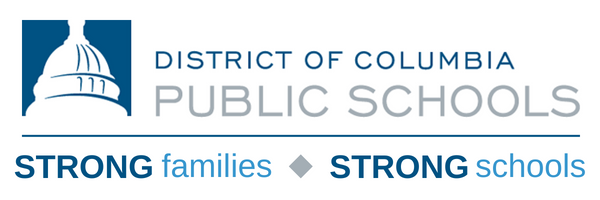Behavior Supports
This page is now archived because it relates to information for a previous school year.
Supporting Positive Student Behavior in a Virtual Learning Environment
DCPS strives to create an environment where every student is given the opportunities and supports that they need to thrive. As a part of this commitment, DCPS works to create a virtual learning environment that supports the whole child and ensures that every student has access to joyful and rigorous academic experiences.
We support the development of social emotional competencies to enhance success. All schools will continue to address student discipline with fidelity aligned to DCMR Chapter 25 and the Student Fair Access to Schools Act (SFASA). Research tells us that, students most positively respond to expectations when they have strong relationships with adults in their schools, especially their teacher(s).
While DCPS implements systems for Learning at Home, supporting students through a trauma-responsive lens will be key. Examples of how teachers will support a trauma-responsive learning environment while students are learning at home include teachers using positive and affirming language daily; providing resources to support self-management; dedicating time to build relational trust; and teaching, modeling and reinforcing school-wide behavior expectations.
| Behavior Description | Behavior Description |
|---|---|
| Behavior that Disrupts Virtual Learning Environment | In the event of behavior that disrupts a learning environment, such as academic dishonesty, inappropriate language or gestures, or posting material unrelated to the topic in the chat, a teacher may verbally redirect the student, meet to discuss the disruptive behavior with the student individually, consult with the student’s parents or guardians, support the student in reflection, or design an accountability plan. |
| Behavior that Attempts or Threatens to Cause Harm | In the event of behavior that is attempts or threatens to cause harm, such as bullying (within the chat), cyberbullying (social media), display of weapons (real or replica), engaging in sexual behavior, gang affiliation or activity, posting of pornographic material, unauthorized use of school equipment, or use of, selling, or distributing drug(s) or paraphernalia the teacher may meet to discuss the disruptive behavior with the student individually, consult with the student’s parents or guardians, design a accountability plan, provide virtual in-school suspension, or create an individualized safety plan. |
Note: If a student has a disability, your school team may consult with the special education case manager or the 504 coordinator.


